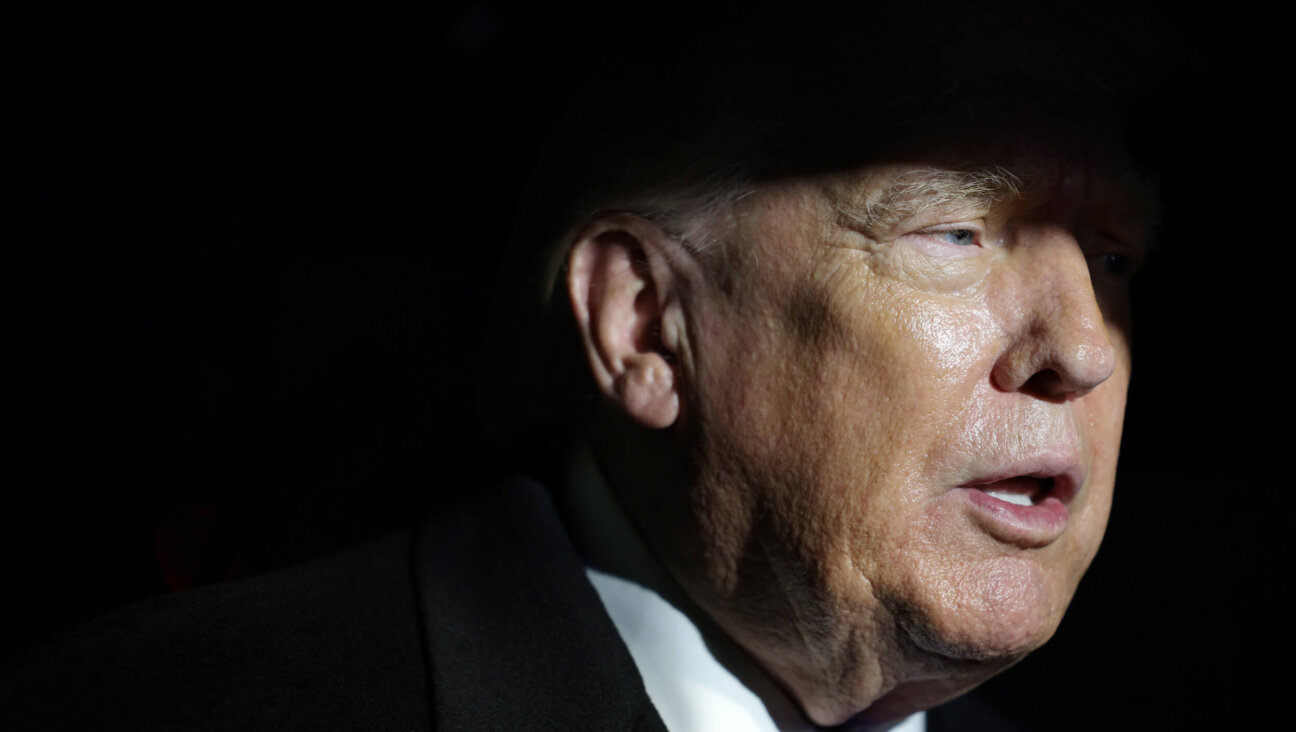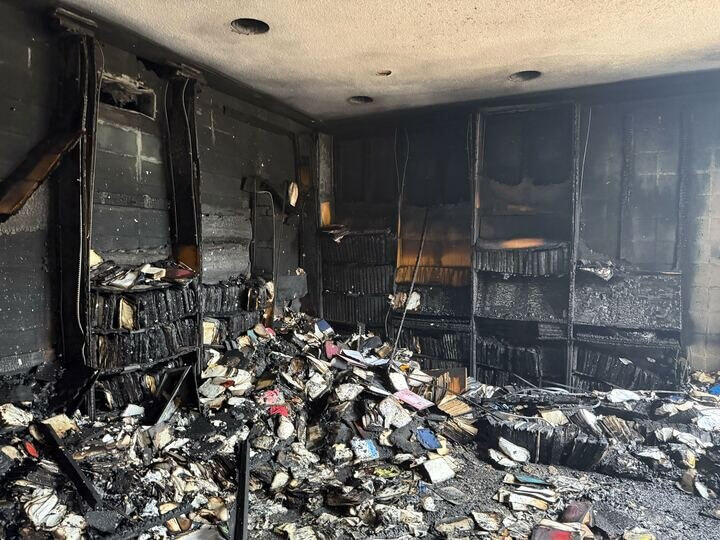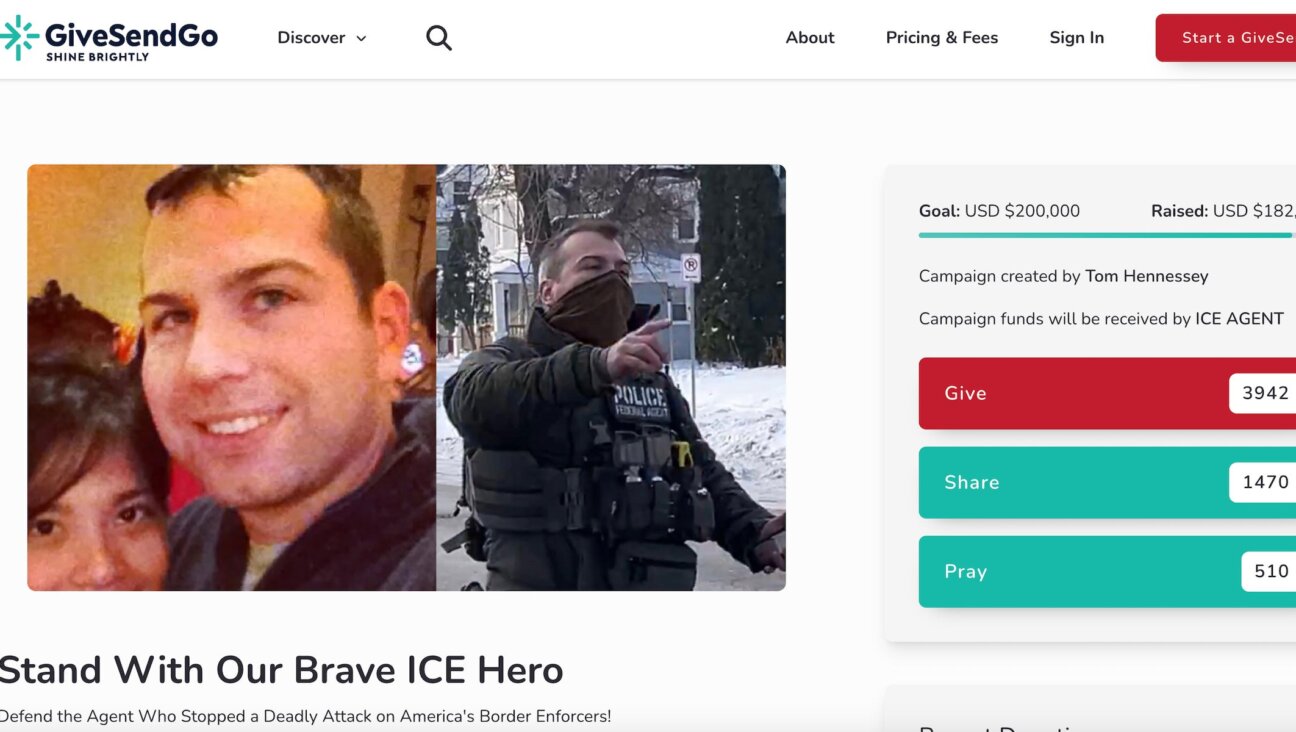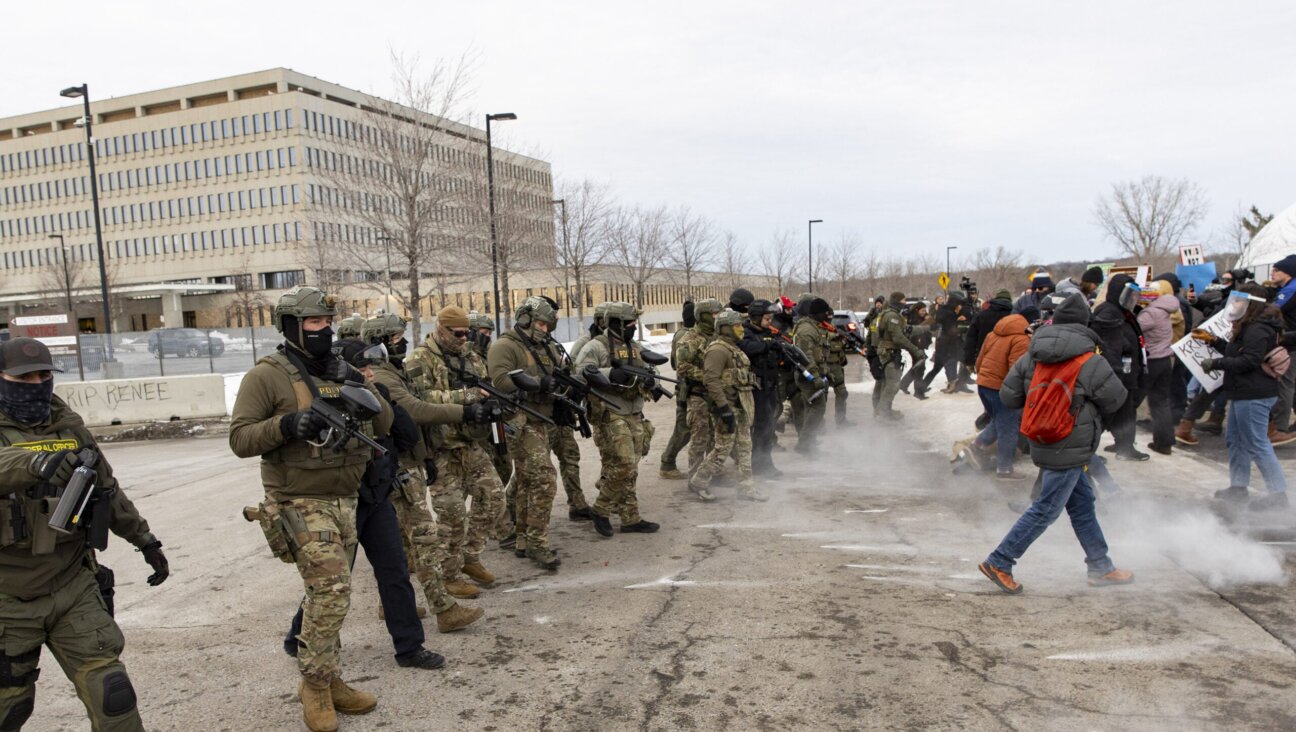Save Darfur, Sure, but Also Worry About Iran
In the past month I have been to more than a dozen Jewish communities, and everywhere I go I see signs and wristbands that say “Save Darfur.” Time and again I am touched that our people understand that tikkun olam includes taking care of others.
But to be frank, if I go to yet another synagogue that has a sign about Darfur and nothing about the threat of Iran, I think my heart will break.
Worry about Darfur? Yes. But why can’t we worry about Iran — perhaps the greatest threat to Israel ever?
There is no silver bullet to stop the threat of Iran. It will take a combination of efforts from a variety of leaders and groups. We need a massive effort to educate world leaders, from a major rally in Washington and meetings at think tanks, to letters to the editor and a full-fledged media campaign.
There are those in the Jewish community who say that because Iran is a threat to far more than Jews and Israel, we should not make Iran a Jewish or Israeli issue. However, when non-Jews hear the president of Iran both deny the Holocaust and say he wants to wipe Israel off the map and then they don’t see the Jewish community rising up in protest, they wrongly conclude that Iran must not really be a threat.
It is up to the Jewish community to do its part to educate American and European audiences about the frightening dangers posed by a radical regime in Iran aggressively pursuing nuclear weapons. We need to do this because the United States and its European allies must adopt smart policies to confront this danger to the world.
Our task is all the more challenging and pressing because the deteriorating situation in Iraq makes people wary of another Middle East involvement. Instead, they prefer to stick their heads in the sand.
American Jews were far too quiet during the Holocaust, and millions of Jews, including most of my family in Europe, died as a result. We cannot repeat these mistakes now, when once again millions of Jews and non-Jews are at imminent risk. The Jewish community cannot allow the phrase “never again” to become meaningless.
Americans and Europeans must first understand the danger if they are going to support smart policies that can stop the threat of Iran without military action. We need to push hard for real sanctions and economic leverages against Iran so that war can be avoided later.
We don’t have a moment to waste. Nothing is more menacing than the prospect of an Iran with nuclear weapons. Those of us who love Israel — regardless of whether we are from the left or the right — need to put aside our internal bickering and work together.
Iran is already the world’s most active state sponsor of terrorism. Iran was behind the bombing of a Jewish center in Argentina and the attack on American soldiers at the Khobar Towers in Saudi Arabia. Iran funds, trains and arms Hezbollah, which provoked a war with Israel last summer, firing more than 4,000 missiles into Israel’s north.
Iran is also behind the groups that have shot more than 1,300 missiles toward Israel from the south since Israel left Gaza. And Iran is attempting to build up Hamas and prepare it to wage the same kind of war against Israel that Hezbollah did.
While Iran’s President, Mahmoud Ahmadinejad, is repeatedly denying that the Holocaust happened and threatening to “wipe” Israel “off the map,” he is also declaring that a world without America is “attainable” and “surely can be achieved.” Subscribing to a radical strain of Islam, Ahmadinejad believes it is his religious destiny to provoke a violent confrontation with the West to help bring about the return of the Twelfth Imam, or Mahdi, a messianic figure who will, in turn, announce the end of the world.
Does Ahmadinejad really believe this? His actions indicate that he does. As president, Ahmadinejad gave some $20 million to the mosque from which the Mahdi supposedly will emerge, and he proposes to shape all his economic, cultural and political policies around the Mahdi’s return.
Previously, as Tehran’s mayor, he ordered an urban reconstruction project so the city would be more presentable to the Mahdi when he arrives.
All that is frightening enough. But the radical regime over which Ahmadinejad presides is seeking the one tool that could turn his apocalyptic vision into reality: nuclear weapons. Just imagine what would happen then.
Iran could arm its missiles with nuclear warheads and fire them at Israel, as well as at European and Middle Eastern countries. Iran could share its nuclear weapons with Hezbollah, Hamas, Al Qaeda and other terrorist groups that seek to destroy Israel or to bring down the United States or Western civilization. Or Iran could merely threaten to launch nuclear weapons itself or via its proxies against Israel, the United States or Europe in order to get its way.
The United States and its European allies have tried to convince Iran to drop its nuclear program, a program Iran kept secret for 18 years until a dissident group brought it to light in 2002. These attempts have led nowhere. During negotiations over the past several years, Great Britain, France and Germany offered Iran a wide variety of incentives, including fuel for a peaceful, civilian nuclear program. Iran scoffed and pushed ahead.
The United Nations Security Council is finally starting to take Iran seriously. However, experienced leaders around the world are encouraging a dialogue with Iran in order to help solve problems in Iraq. But what price will Iran exact in order to offer assistance?
No one knows for sure when Iran will have the technology to develop nuclear weapons. Some intelligence sources estimate that it could be only a year away. But with each passing day, the Islamic Republic is making progress toward that goal.
Even without nuclear weapons, Iran is wrecking havoc in Iraq, Lebanon, the Palestinian territories and Afghanistan. What will Iran be like with nuclear weapons?
Jennifer Laszlo Mizrahi is founder and president of The Israel Project.
















